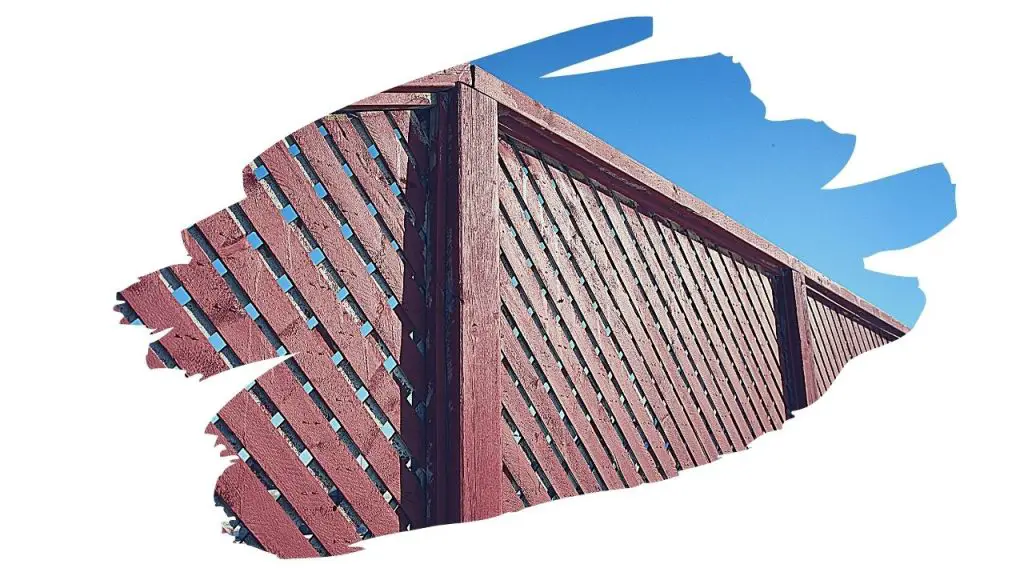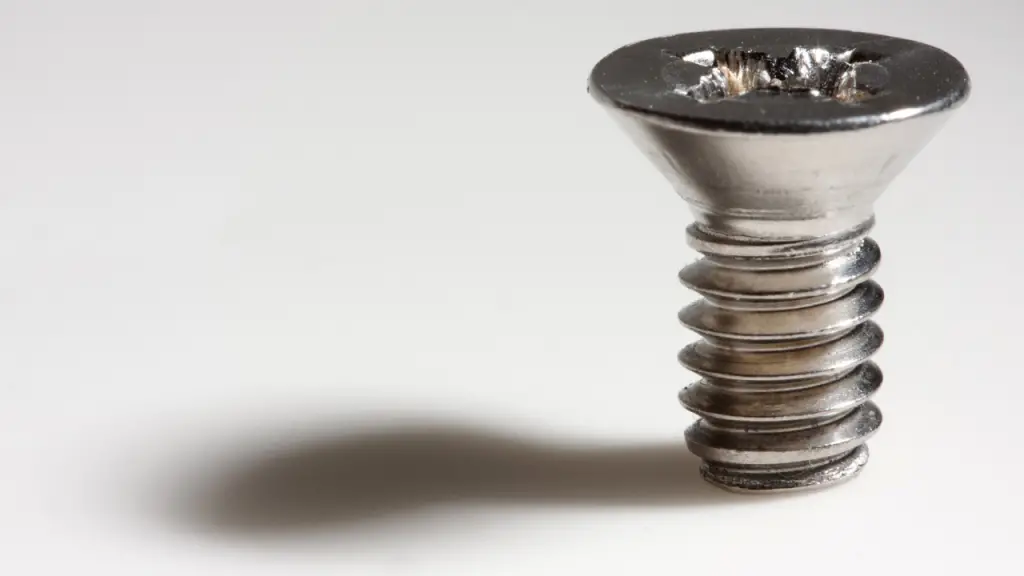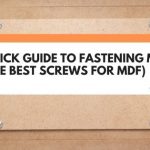So you’ve purchased some fence panels, and now you’re ready to build a picket fence. You’re all set to go! Or are you?…
You see, your next step is figuring out the best way to fasten those panels into position.
Nails are strong, but they can loosen too easily. And while screws will stay in place, they also cost twice as much as nails do.
So, are nails or screws better for holding up a wood fence?
Screws do a better job at holding wood together, binding two boards more tightly than a nail. Screws also stay fixed in place for a lot longer too, while nails can loosen overtime. So, if you had to choose between the two, you should opt to secure a fence with screws.
Now, this doesn’t mean that nails are an absolute no-no when it comes to fastening fences into place.
Screws may hold their position longer, but they tend to be more brittle than nails. This is because nails have a lot more shear strength compared to screws. So on very windy days, when that fence flexes, those nails will be able to handle the pressure better any screw.
Plus, nails are so much quicker and easier to insert than a screw. And any decent framing nailer can make quick work of installing fence panels.
So, lets take a better look at what you need to think about before you start work on that fence…

This post may contain affiliate links to products that we receive a commission for (at no additional cost to you). Learn more here.
Is It Better To Nail Or Screw Wood?
Backyard fencing aside, nails are the wood fastener of choice for outdoor construction.
From roofing to framing to window sill trim, galvanized nails are used in all manner of wood-related construction work.
And why is that? Well, it’s because nails are stronger than screws (of an equal length). Nails hold up well when wood starts to move around. They can also hold their own when placed under shear pressure (i.e. when a load is put on it).
What Are Galvanized Nails? These nails are weather-resistant nails that have been coated with zinc to help waterproof them.
So, in the age-old argument of nails vs screws, nails usually win.
Wait, I’m Still Confused, Should You Nail Or Screw A Fence?
Remember that age-old argument from a sentence ago? Well, that argument falls apart when it comes to wood fencing – both figuratively and literally.
Nails loosen way more easily than screws. So screws – while more brittle than nails – are better at binding two wood boards together. And that’s because a screws spiraled thread stops it from easily falling back out.
So, provided that screws aren’t required to hold up heavy loads, they are a better long-term option than nails.
What Are The Best Screws For Wood Fencing?
Most common wood screws are made of carbon steel wire. Which is a problem if you want to use them on an outdoor project.
All of that rain, moisture – and just plain oxygen – will corrode steel away in no time.
So, you need a type of screw that is specifically suitable for outdoor use. In which case, you need to use deck screws.

This type of screw is stronger than your typical threaded-fastener. They are designed to resist corrosion, and are usually made from stainless steel or even copper. And the stainless steel version of this deck screw is fairly weather-resistant.
Find out the latest prices for Stainless Steel Deck Screws over on Amazon.
However, if you happen to live in an area that gets a lot of rain all-year round, then you will want a screw that is even more resistant to rusting. So in those instances, opt for silicon bronze screws.
Silicon bronze wood screws are incredibly water-resistant and can easily shrug off corrosion. Which is why they are a popular screw choice for boats and riverbank fencing.
You can check out the latest prices for Silicon Bronze Wood Screws over on Amazon.
Screws Are Too Expensive… What Nails Do I Use For Fence Panels Instead?
Galvanized nails are a good alternative when it comes to building a fence. And, to be precise, you need to use hot-galvanized nails.
Hot-galvanized nails, (also known as hot-dipped galvanized nails), have been dipped in molten zinc. Once cooled, they end up with a thick waterproof zinc coat.
But, make sure the nails you get are hot-dipped. Why? Well, there are zinc-coated nails available called electro-galvanized nails. These nails have also been dipped in zinc. However, this time an electrical current has been used to draw the zinc to the nail and coat it.
Now, electro-galvanized nails are cheaper than hot-galvanized nails. However, electro-galvanized nails have a zinc coating that is up to 10 times thinner than their hot-galvanized counterparts.
Which means they aren’t anywhere near as rust-resistant, and electro-galvanized nails should not be used on any long-term outdoor project.
Long story short, electro-galvanized nails cost less, but hot-galvanized nails last longer. So make sure you buy the right ones!
Related Post: Should You Use Nails Or Screws For Pressure Treated Wood?
What About Cedar Wood? What Are The Best Type Of Nails For A Cedar Fence?
Stick to using hot-dipped galvanized nails with Cedar fencing. While the Western Red Cedar’s lumber is weather-resistant, it doesn’t offer any added protection to the nails used on it.
Side Note: You can learn more about Red Cedars weather-defying durability by checking out our article here: Can You Put Polyurethane On Outdoor Cedar Wood?
Also Cedar is a fairly low density wood too. In fact, it’s low density makes it a rather good choice for wood carving (discover more about that here: Is Cedar Good For Carving? Everything You Need To Know!). So, that means that Cedar won’t be putting a lot of shear pressure on those nails either.
Key Takeaways
Unless that fence is made from very heavy lumber, you are better off using screws.
Nails might be a faster – and certainly far cheaper – way to put those panels up. However, the advantage of nails lies in their ability to take on structural loads without breaking.
Now, fence posts aren’t load-bearing posts. So, you don’t need to worry about screws snapping due to heavy loads.
So use screws, (ideally corrosion-resistant stainless steel screws), to fasten your fence.


